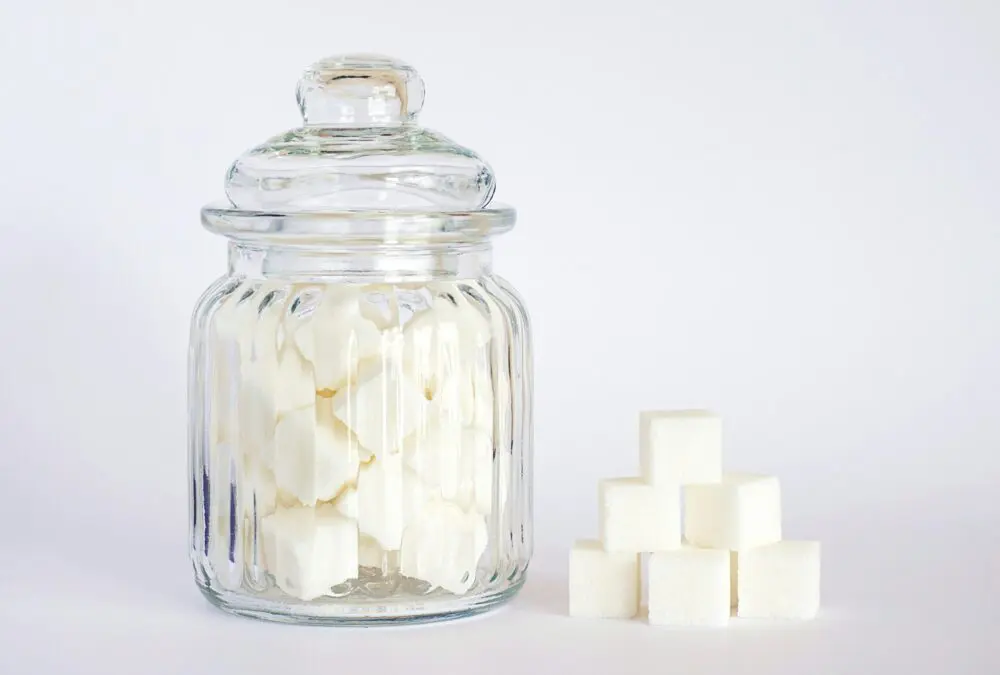More than 47,000 tonnes of sugar have been removed from soft drinks alone in the UK since the authorities introduced a two-tier system of additional taxation on them in 2018. Their producers were obliged to pay the treasury 18 pence for every five grams of sugar they put in 100 milliliters, and even 24 pence for larger quantities. To avoid the tax, some of them reduced their use of sugar and developed recipes with healthier sugar substitutes.
The tax was supposed to reduce sugar consumption in the UK by 20%, but unfortunately this target has not yet been reached. However, there is a positive change. If before every second drink in the commercial network had five grams of sugar per hundred milliliters, now it is only 15%.
A Cambridge University study has shown that the sugar tax has really achieved something serious. It reduced obesity among 10- to 11-year-old girls by eight percent, and also the number of teeth extracted due to decay.
The tax is part of a larger package of measures that includes a ban on supermarkets placing chocolates and other treats at children’s eye level near checkouts. Also, starting next year, they will not be allowed to make tempting offers on unhealthy foods.
For others, the tax does not affect their shopping habits.
Almost one in five teenagers in Europe drink sugary soft drinks every day, which is believed to be one of the factors behind adolescent obesity in the Old Continent. That’s why the World Health Organization has long recommended that sugary foods be taxed, and about 50 countries have already done so.
Illustrative Photo by Suzy Hazelwood: https://www.pexels.com/photo/close-up-photo-of-sugar-cubes-in-glass-jar-2523650/







